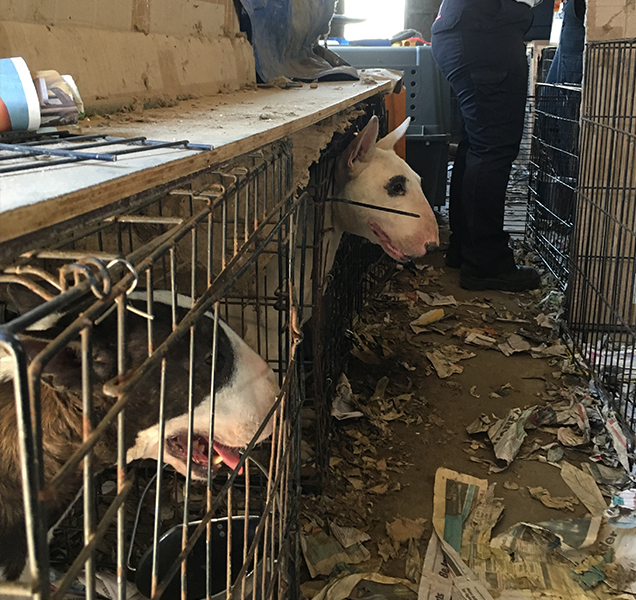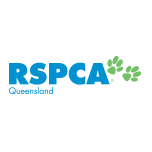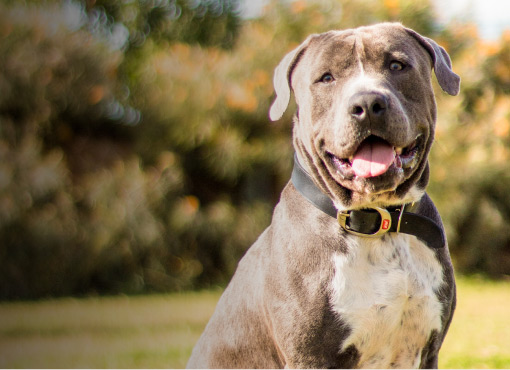Unfortunately, following the seizure of 110 Bull Terriers by RSPCA Qld from a property near Gladstone, the rumour mill is at it again.
Sadly, for all its benefits, social media also has many pitfalls.
Perhaps the most dangerous of these is that it gives a voice to people who do not know the facts, or the facts do not suit their personal agenda. So they make up their own version without thinking of the harm they are causing to good people and the helpless animals who rely on them for their care and wellbeing.
Many of these people are bitter after being prosecuted or having animals seized for neglect or cruelty. Some have their own personal agendas, groups or causes to push, and they stand to benefit by undermining RSPCA. Others don’t intend to cause any harm, but they really don’t understand the negative implications that can flow from spreading misinformation, much of which is deliberately intended to mislead.
Many more people then blindly, or maliciously, re-publish this information. They either don’t question what is written, regardless of how nonsensical it might seem, or they stand to benefit from grandstanding and having their moment in the spotlight. Find out more about the timeline of how a cruelty complaint for five dogs, turned into a seizure of over 100 bull terriers lasting 15 hours!
We have answered some of the more ludicrous claims circulating online about the Bull Terriers within this article. But if you have a question that is not answered here, please contact us. It’s important to understand that there are privacy and legal considerations that impact what information we can share, but we will do our best.




